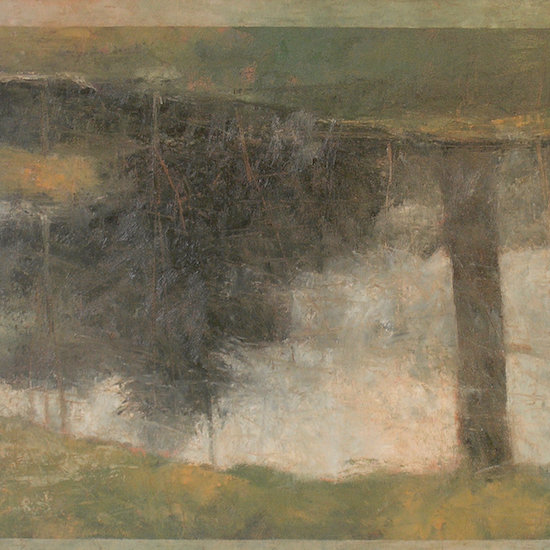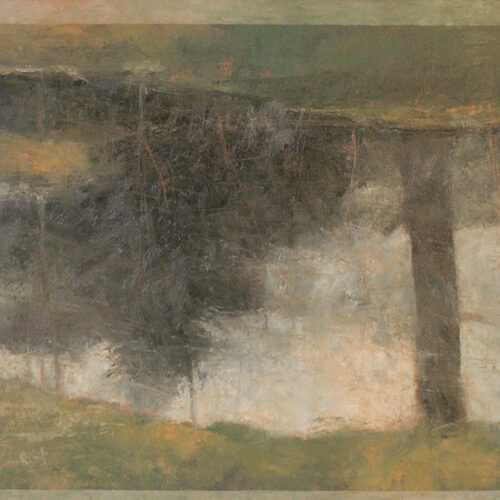In Scottish secondary schools, there’s a subject known as Modern Studies, which focuses on local and global social, economic and political concerns. At first glance, it has little in common with the rustic chamber-pop quartet that shares its name, but on closer inspection, both mine the landscape, boundaries, the past, and the ways in which all our lives can interweave (and unravel).
The Scottish (via Lancashire) band’s glorious second album sees our folksy cartographers further plough the terrain of their debut, Swell To Great – nature, the elements, the seasons, absence, the sun and moon and love abound – but they look forwards (and upwards), too. And notably, they hit the dance-floor.
Welcome Strangers (the title itself evokes the second summer of love) opens with pastoral-funk chorale ‘Get Back Down’ – a paean to the passage of time, family, friends, and (lost) connections – and its titular nod to agrarian rave recurs on ‘Disco’, ‘The House’, and ‘Phosphene Dream’.
In Modern Studies’ uncanny realm, principal songwriter Emily Scott becomes bucolic pop’s Kiki Dee to Rob St John’s baritone psych-folk Elton, their voices magnetic and intertwining, notably on autumnal glam-dirge ‘Horns and Trumpets’, and earth(l)y kosmische incantation ‘Mud and Flame’. But their multi-instrumental skills are equally mesmerising (harmonium, double-bass, vintage organs, tape loops, synths and more between them).
The charms of their band-mates are similarly divine. Joe Smillie’s percussion is variously trance-inducing and inspiriting, while cellist, co-arranger and multi-instrumentalist Pete Harvey is characteristically magical. The group recorded Welcome Strangers in Harvey’s cosy Perthshire studio, Pumpkinfield – an aptly named space to conjure a record that drums to the beat (and sings the songs) of nature and the seasons passing. “I hear the scrape of branches up against my window / They’re playing your tune,” intone Scott and St John on the jazz-inflected chorale of ‘Disco’.
Later, the orchestral gospel of ‘It’s Winter’ gives way to the balmy folk-rock hallelujah of ‘Young Sun’ – a sublime, enlivening and joyously meandering highlight that underscores the record’s gentle reflections on change versus stasis. (“If I could change you / No I would not change you,” duet Scott and St John on ‘Young Sun’; “I used to be a totally different kind of person,” they muse in harmony on ‘Disco’.)
Nature provides a home for Welcome Strangers. It offers shelter, and sheds vital warmth – and light – in times of uncertainty. It’s the bedrock of this heady compendium of haunted disco lullabies for foggy urban woodland raves and psychotropic campfire sing-alongs.
They’re welcome indeed, these strange and lovely field studies into the lure of the distance, the pull of the sky, the time we have (and that we’ve lost), the seeds we sow, the joy of dancing under the moonlight, the serious moonlight.



